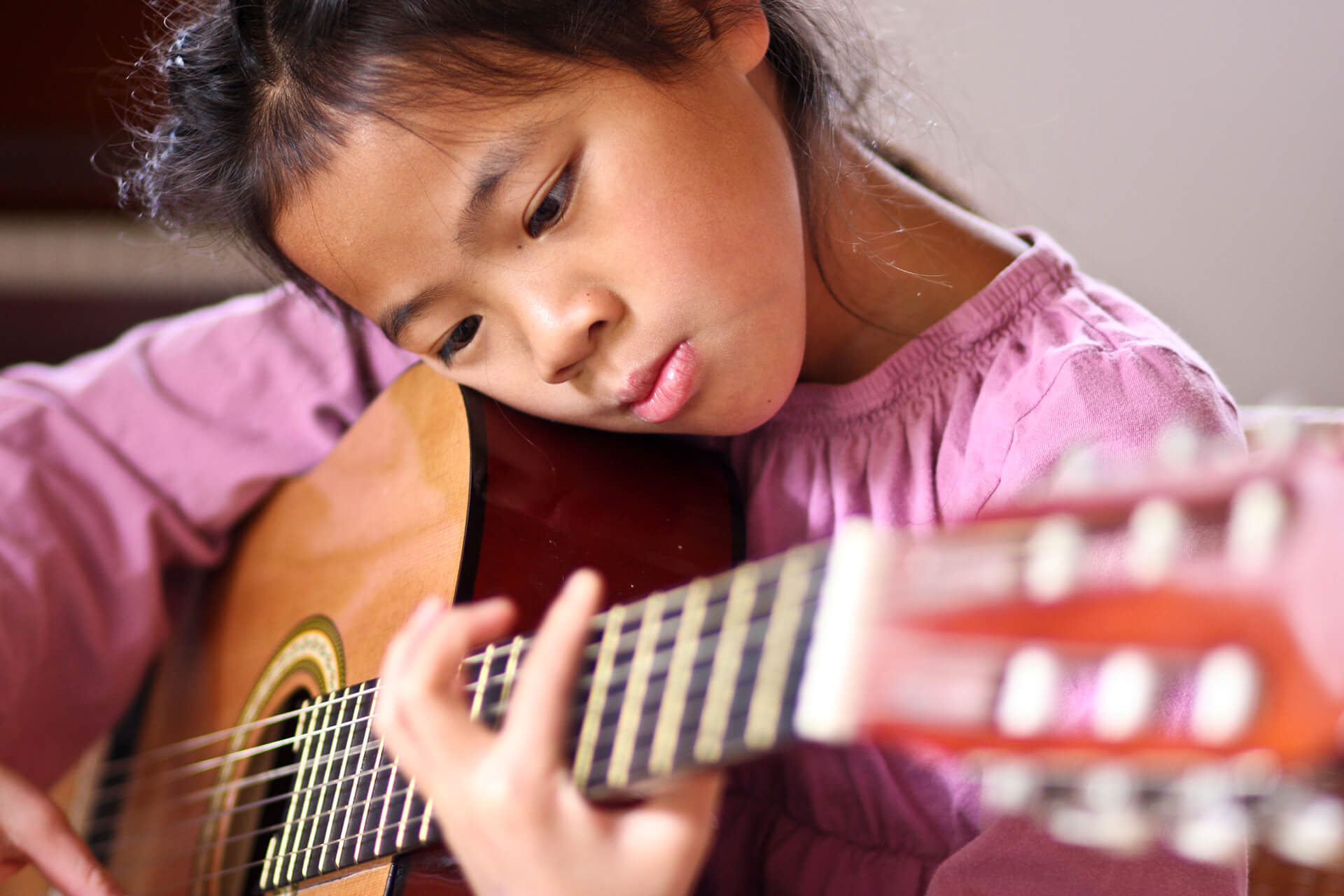The choice between group and individual music lessons for children is a topic that has sparked considerable debate among parents, educators, and music enthusiasts alike.
Each approach has its own set of advantages and potential drawbacks, making it essential to carefully consider which option aligns best with a child’s musical journey and overall development.
This discussion will explore the merits and considerations of group and individual music lessons to help parents make informed decisions for their children’s musical education.
Individual Music Lessons
Individual music lessons providing customized instruction in the context refers to tailoring the teaching approach to meet each student’s specific needs, abilities, and musical goals.
This approach acknowledges the diversity among students, including their learning styles, strengths, weaknesses, and aspirations, and aims to optimise their learning outcomes.
It allows the student to progress at their own pace, whether they are beginners or advanced musicians, and offers flexibility in scheduling to accommodate both the student’s and their family’s availability.
Customised instruction ensures the student receives personalized guidance and support, helping them achieve their musical potential.

In individual music lessons, the teacher provides dedicated and concentrated guidance, giving the students their full and exclusive attention throughout the lesson.
This focused attention enables the teacher to offer detailed feedback and correct techniques, provide musical interpretation guidance, and address specific challenges or areas of improvement in a highly personalized manner.
It creates an environment where students receive thorough and personalised instruction, contributing to their musical growth and development.
Individual lessons offer the advantage of tailoring the learning environment to the student’s unique needs and preferences. This customised approach fosters a sense of ownership and empowerment, allowing the student to shape their musical education actively.

Group Music Lessons
Group music lessons are a popular and effective way for individuals to learn and engage with music. Instead of private one-on-one instruction, group lessons involve multiple students learning together with a shared instructor.
In a group setting, students can observe and learn from their peers.
They can see different techniques, styles, and approaches to playing music. This creates a dynamic learning environment where students can gain inspiration, learn from each other’s mistakes, and broaden their musical knowledge. It also often involves collaborative activities such as playing in an ensemble or band.
Students learn to work together, listen to each other, and synchronise their playing. This collaborative experience helps develop important teamwork, communication, and compromise skills.
Group music lessons provide a stimulating and supportive environment for learning music. The combination of peer learning, collaboration, and shared experiences fosters musical growth, enhances motivation, and creates a sense of community among students.

The choice between group and individual music lessons for children depends on various factors and the child’s specific needs. Both options have their advantages and can offer valuable learning experiences.
Ultimately, the most important factor is to create an environment that fosters the child’s love for music, encourages their growth, and supports their individual learning needs. Whether it’s group or individual music lessons, what matters most is that the child is engaged, motivated, and enjoying the process of learning music.








